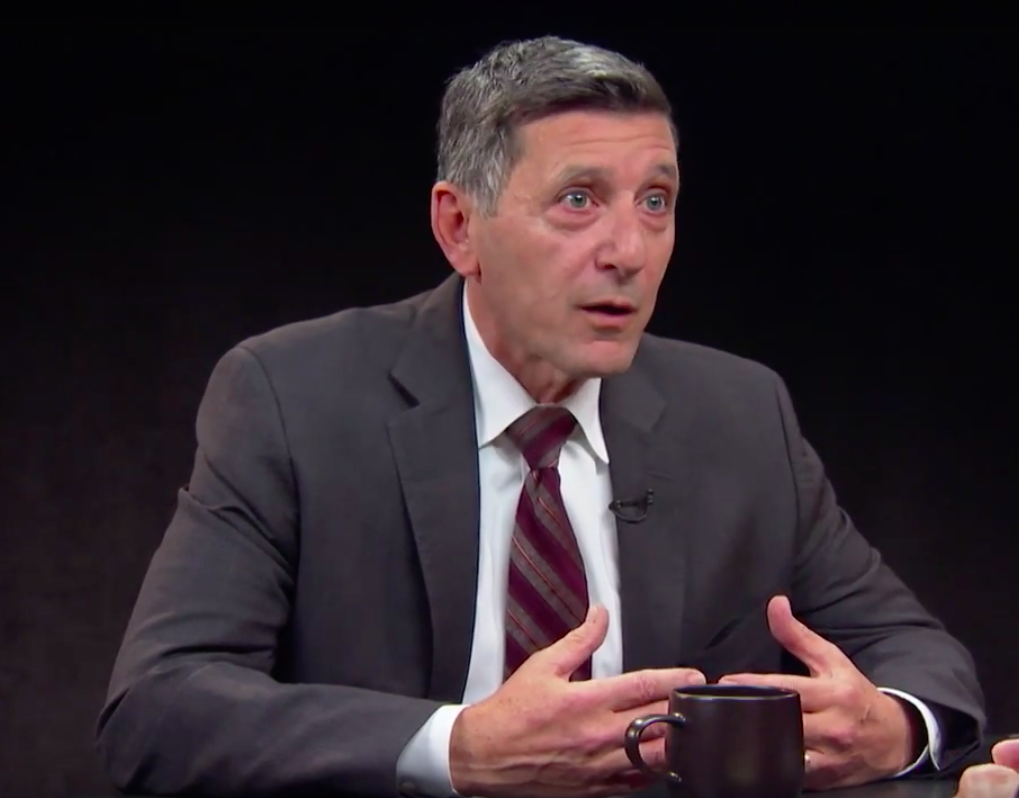
The field of addiction and substance use treatment is in the middle of a radical shift when it comes to the language we use to talk about the issue. Gone are the days when calling someone “a drunk” or “a junkie” is acceptable. But the language change goes even further than that; there’s a movement away from even the term “substance abuse” itself.
In a recent interview on NPR’s Here and Now, director of the Office of National Drug Control Policy under former President Obama and current executive director of the Grayken Center for Addiction Medicine at Boston Medical Center, Michael Botticelli, discussed the importance of the language we use to speak about addiction, and people who suffer from it.
“Often when we call people things like ‘addict’ or ‘junkies,’ not only are they incredibly judgmental words, but they also kind of pigeonhole someone’s entire being to that one single characteristic,” Botticelli explains. “And, again, this is where we’re beginning to have much more direct clinical evidence that words matter.”
He cites a study by Dr. John Kelly at the Harvard-MGH Recovery Research Institute which showed that the term “substance abuser” elicited cognitive bias, even among trained clinicians.
“A word like ‘abuse,’ it implies volition, it implies intent — and not to say that people with addiction don’t make choices — it negates the fact that they have a disease and they need treatment,” says Botticelli. “And, not only does that impact on an individual level, it impacts on the policy level.”
Botticelli is also clear that there are concrete ramifications to stigmatizing language, using the example of the low number of people who actually seek treatment for their addiction — it’s estimated that only 10% of people who need it are actually accessing treatment. “…when you look at the reasons that people cite of why they don’t seek treatment, the No. 1 answer that comes up for many people is stigma,” Botticelli says. “And one of the contributory factors to that stigma is our language that we use. So, this is not just a polite thing to do. These are issues, and these are words that have a dramatic impact on both clinical care and about how medical professionals actually see and treat people with addiction.”
This language shift is one that journalists are being asked to make, as well. Recently, the Associated Press put out guidelines for people writing about addiction, encouraging them to steer clear of stigmatizing language like “addict.” But change is hard, and it takes time, something Botticelli acknowledges.
“I think language changes are always hard, initially. That, you know, we’re going through an adaptation period,” he says. “I make mistakes all the time, you know, and I fall back into kind of habitual language, and so it takes time, but I think that part of it is we need to continue to make conscious effort.”
